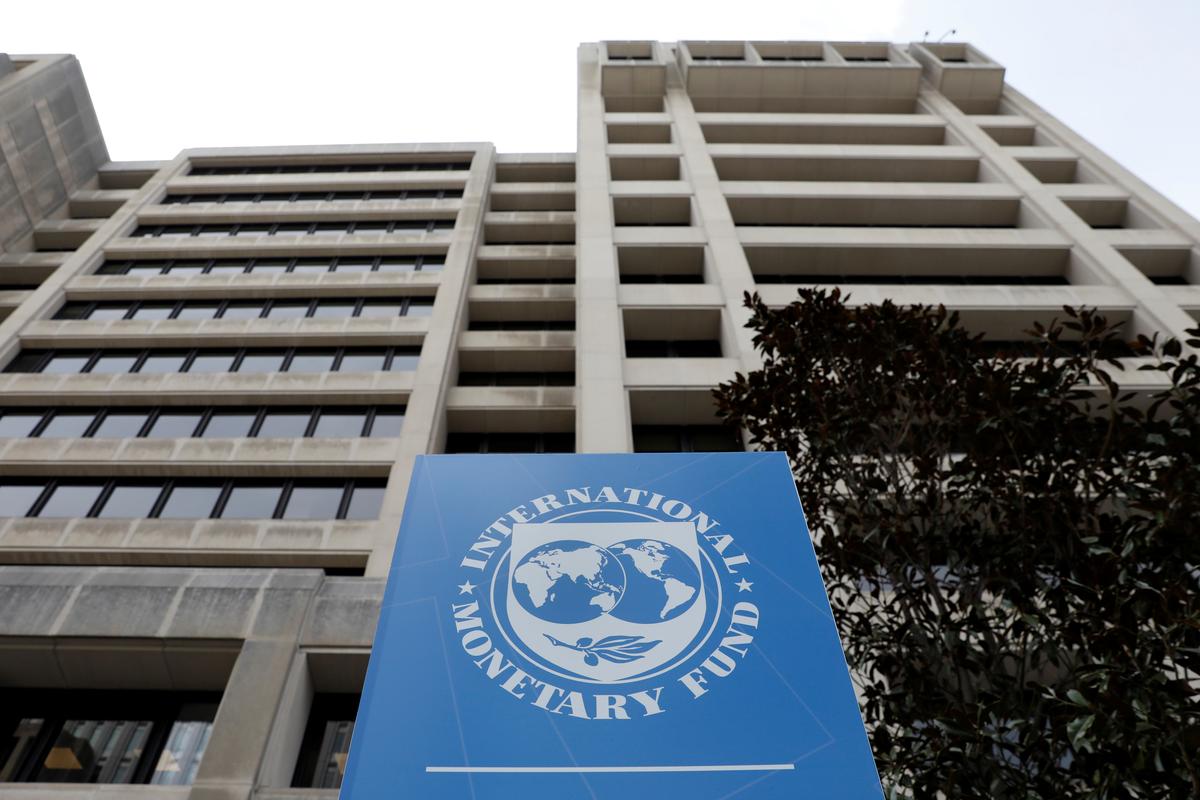The International Monetary Fund on Tuesday cut its global economic growth forecasts for 2019 and said growth could slow further due to trade tensions and a potentially disorderly British exit from the European Union.
The global lender said some major economies, including China and Germany, might need to take short-term actions to prop up growth and that a severe downturn could require coordinated stimulus measures.
The global lender said it still expects that a sharp slowdown in Europe and some emerging market economies will give way to a general re-acceleration in the second half of 2019.
But chances of further cuts to the outlook are high, the Fund said in its World Economic Outlook report. The IMF and World Bank are holding their spring meetings in Washington this week.
IMF chief economist Gita Gopinath said a sharp downturn might require synchronized fiscal stimulus “across economies” as well as loose monetary policy.
“This is a delicate moment for the global economy,” Gopinath said in a news conference.
In its third downgrade since October, the IMF said the global economy will likely grow 3.3 percent this year, the slowest expansion since 2016. The forecast cut 0.2 percentage point from the IMF’s outlook in January.
The projected growth rate for next year was unchanged at 3.6 percent.
More than two-thirds of the expected slowdown in 2019 owes to trouble in rich nations.
“In this context, avoiding policy missteps that could harm economic activity should be the main priority,” the IMF said its report.
One potential misstep lies in Britain’s indecision over how to leave the EU. Despite looming deadlines, London hasn’t decided how it will try to shield its economy during the exit process. The IMF’s new forecast assumes an orderly “Brexit,” but the Fund said a chaotic process could shave more than 0.2 percentage points from global growth in 2019.
The IMF said the Bank of England should be “cautious” on its interest rate policy, an apparent tip to wait before hiking borrowing costs.
The EU’s economic growth is already slowing substantially, and the slowdown accounted for much of the reduction in the global growth forecast.
Germany’s outlook suffered from weaker demand for its exports, softer consumer spending and new emissions standards that have depressed car sales.
Germany may have to quickly turn to fiscal stimulus measures, the IMF said, also calling on the European Central Bank to keep stimulating the regional economy. The IMF also cut Japan’s growth outlook following a string of natural disasters.








